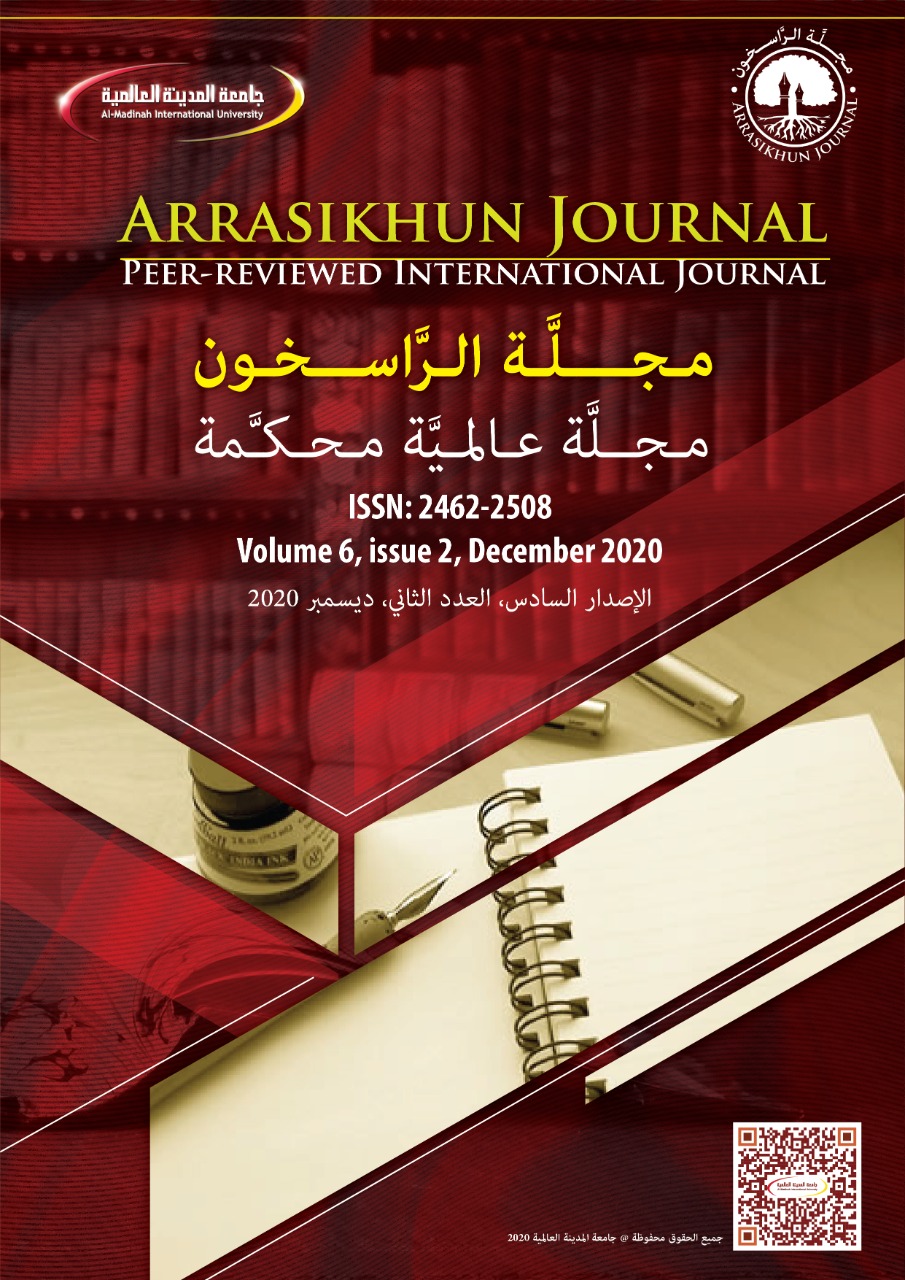Assessing the extent of ease and difficulty of studying and teaching Arabic by Mauritian bilingual learners
Main Article Content
Abstract
Mauritius is a small island of land area of 2040 m2 situated in the Indian Ocean, which obtained its independence in year 1968. Before independence the country was occupied by the Dutch, Fench and finally the British. Today, it is one of the most advanced countries in Africa, and welcomes nearly 2 million tourists per year, and is an international business hub and global trade platform besides having strong ties with Arabic countries. There are three languages which are spoken in Mauritius namely French, English and Creole (the mother tongue) which is a derived French dialect; English being the official language of the country and the medium language of teaching. In Mauritius there is quite a large number of learners of Arabic Language at primary, secondary and tertiary cycles as an academic subject, and at private institutions for Islamic, professional and business purposes, at written and spoken levels. This study focusses on measuring the ease of teaching and studying Arabic for Mauritian learners considering the fact that they already have strong levels of three languages and that which teachers make use as medium for class explanations. This project used a case study research for the levels above-mentionned through the Balanced Scorecard method added with a triangulation of qualitative and quantitative method for data analysis and results. Four sources of data were used namely; literature review, feedback questionnaires aimed at students and teachers, expert interview and judgement, and field observations. Scores were computed for each indicator such as ease of grammar mastery and speaking skills. The Balanced Scorecard was to get real hands-on facts and figures on the research themes, which can be used in the future to measure progress used rather than relying on theoretical and literal data and as well; a technique never adapted before in Mauritius for the measurement of Arabic teaching and learning proficiency. After analyzing the results obtained, the reasearcher concluded that Mauriran learners are among the nationalities that have the least difficulty in learning and mastering Arabic as compared to other nations. The reaseacher also identified the areas of strengths and deficiencies in studying and teaching Arabic, and provided recommendations and guidleines towards devlopment of new adaptative and innovative syllabus for Arabic language teaching and training at all levels.

